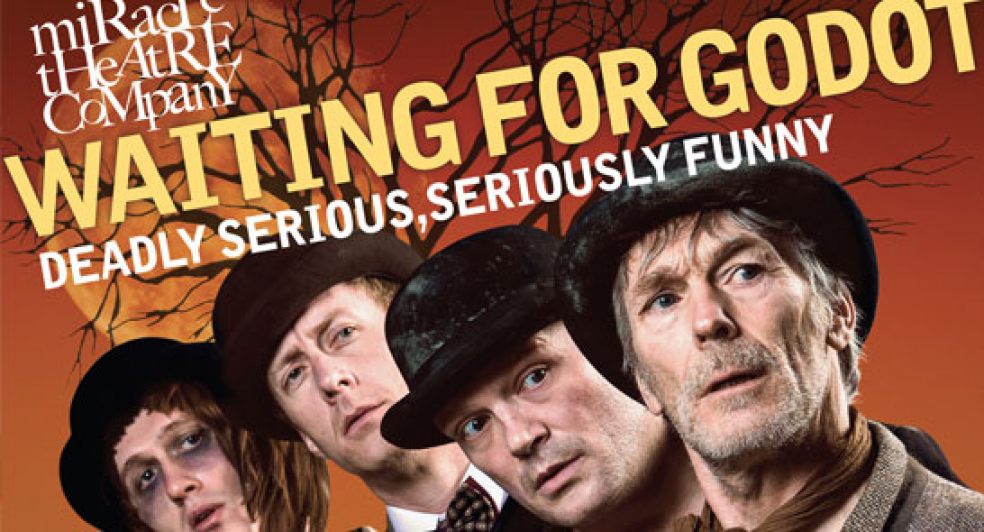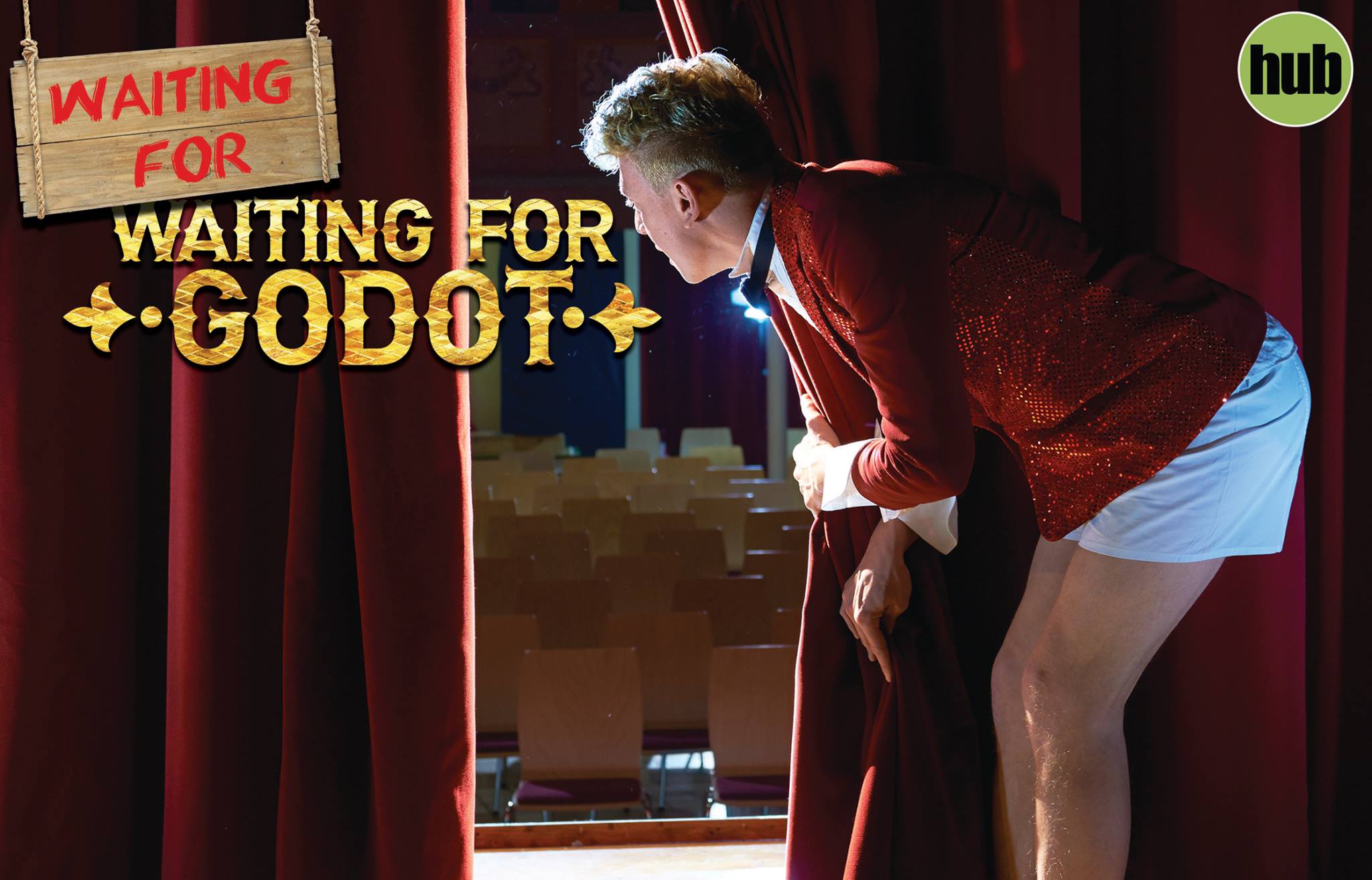


For Vladimir, talking to Estragon seems continually tiresome. Their communication is purely perfunctory and is a means of survival for them, both saving each other from inexistence and from the monotony of their seemingly never ending wait for Godot. This is of particular importance since nobody else in the play ever remembers them. In essence, each of them reminds the other of their own existence. However, Estragon’s presence acts as a reminder to him of things they have done together. Estragon: Ah! Vladimir, on the other hand, cannot rely on Estragon at all to remind him of things. Vladimir: We can’t Estragon: Why not? Vladimir: We’re waiting for Godot. He frequently forgets why they are waiting at the tree and throughout the play has to be constantly reminded by Vladimir that they are waiting for Godot. While Beckett has depicted both of them as being forgetful, it seems Estragon has difficulty in remembering much previous to what he is doing at any time and elies solely on Vladimir to remind him of things. Comparable to duos such as the comic ‘Laurel and Hardy’, ‘Bert and Ernie’ or even perhaps to a degree ‘Ted and Dougal’, the pair are in the recognisable situation where one cannot survive without the other. Depicted as little more than tramps, they have an interdependent relationship. Vladimir and Estragon are Beckett’s main characters in the play who are waiting impatiently for the arrival of the mythical figure of ‘Godot’. I am more inclined to think that it is this breakdown of communication in the play that is instead offering a commentary on human existence. It is for this reason and for the reason that I believe existentialism is at the core of this play, that I am unsure if Waiting for Godot offers a commentary on the difficulty in communication. There is certainly no shortage of conversation between the characters, however the dialogue between them is little more than a means to pass time, rather than to communicate with one another. The seemingly inconsequential conversations between the play’s main characters, Vladimir and Estragon, are a perfect example of this breakdown of communication. Having a strong relationship with existentialist philosophy, absurdist plays sought to focus on the idea of meaningless human existence resulting in the breakdown of communication within a play. In absurdist plays, such as Samuel Beckett’s Waiting for Godot, it is typical to see an illogical use of words, which can bring about distrust of language being used as a means of communication. However, the act of communication is predominantly governed by the use of language. We can converse, we can write, we can even sing and we can also use physical interaction, whether it be affectionate or cruel, as a means of communicating with one another. Modern Irish Drama ‘Waiting for Godot’ by Samuel Beckett “To what extent does Waiting for Godot offer a commentary on the difficulty of communication? ” Communication is defined as the imparting or exchanging of information by speaking, writing, or using some other medium.


 0 kommentar(er)
0 kommentar(er)
